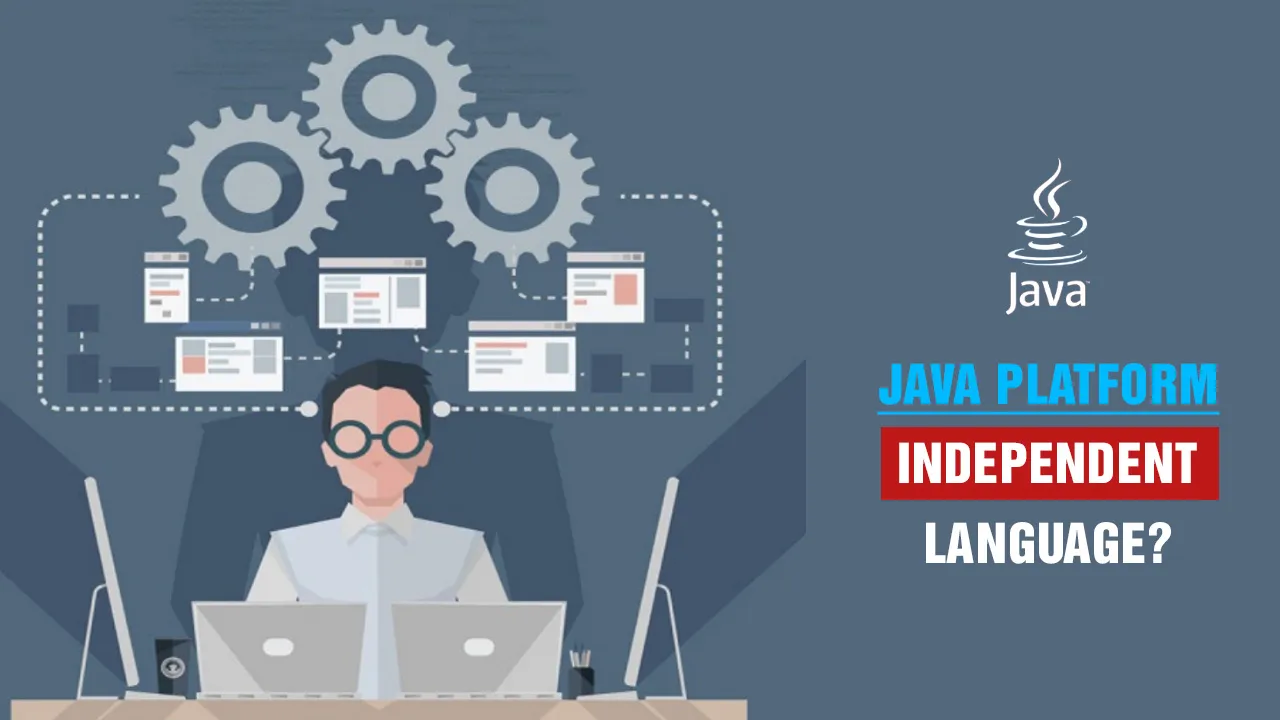Introduction
Java has gained huge popularity among all other programming languages since its birth. And the reason for such an immense response is the ability to provide unique features. Java syntax will be almost similar to c++ but provides way far features than c++.
The availability of object-oriented programming (OOP) made java stand out from all other remaining languages at its time. Java was developed to use OOP at its core and it was one of a reason for being a most used language. This concept increases reusability, seamless execution. At this moment, there may be a question in our mind “why should we use an object?”.
Objects in Java are similar to structures in c language, where we are binding similar methods and variables together. Along with that Java also provides abstraction, encapsulation, inheritance, and polymorphism which encourages the user to implement objects.
Java plays a dominant role in many domains like app development, web development, building software tools. It also has a rich number of libraries which makes things easier. Also, the availability of IDE plays a crucial role in gaining the attention of developers. IDEs like Eclipse, IntelliJ, NetBeans are frequently used by many developers.
Fine, now let’s come to our discussion.
But first of all, what does platform independence mean?. To get an answer to that question we need to know what happens when we compile a code.
#full stack development #java #java platform independent #platform independent
